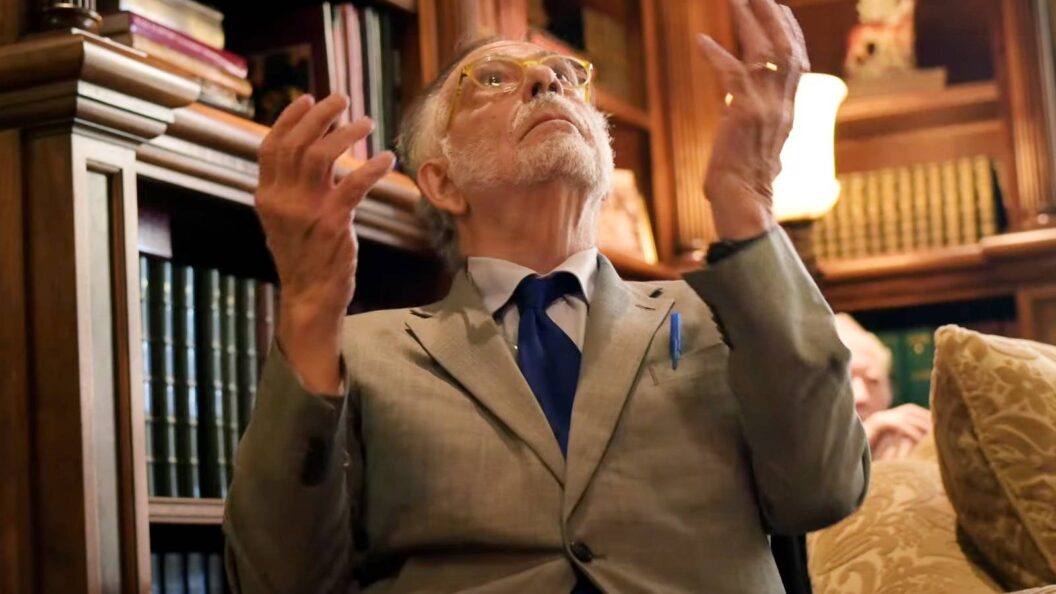Tensions Surface on the Set of Megalopolis: A Closer Look at Coppola and LaBeouf’s Exchange
Introduction
Filmmaking is often a collaborative process, but it can also be fraught with tension, as depicted in a recent exclusive clip from the new documentary Megadoc. The documentary, directed by Mike Figgis, provides an intimate look at the making of Francis Ford Coppola’s upcoming film Megalopolis, scheduled for release on September 27, 2024. In one notable segment, Coppola and actor Shia LaBeouf, who portrays Clodio Pulcher, engage in a revealing exchange that highlights the artistic struggles inherent in bringing a vision to life.
A Tense Exchange on Set
In a clip shared by The Film Stage, Coppola and LaBeouf discuss the blocking of a scene featuring Jon Voight. The dialogue escalates when LaBeouf proposes an idea for his character, prompting Coppola to question the direction with a pointed remark: "Who is the director who came in here and started to stage this scene?"
LaBeouf responds by acknowledging his authority, saying, "You’re obviously the director," to which Coppola expresses frustration, stating, "But I’m not having the chance to." This moment encapsulates the creative tensions that often arise in film production, especially when actors are eager to contribute their ideas but directors are focused on executing their vision.
Implications for Megalopolis
Despite facing a mixed critical reception and an underwhelming box office performance, Megalopolis remains a vital topic in cinematic discussions. The film has generated considerable discourse due to its ambitious nature and the lofty expectations set by Coppola, who has labored over the project for four decades.
The upcoming premiere of Megadoc keeps the dialogue alive. In the documentary’s trailer, Coppola himself remarks, "No one I’m working with realizes how weird a movie this really is," hinting at the unconventional approach he has taken to filmmaking. The tension highlighted in the clip may not only provide insight into Coppola’s directorial style but also emphasize the collaborative yet sometimes confrontational environment of movie sets.
Understanding the Creative Process
While some may classify the exchange between Coppola and LaBeouf as a conflict, it exemplifies the natural dynamics of creative collaboration. LaBeouf’s desire to present alternative options reflects a commitment to authenticity in character development, while Coppola’s insistence represents his vision as a seasoned filmmaker directing a complex project.
Voight’s interjection in the clip to “say a prayer” serves to lighten the moment, reinforcing the idea that these interactions are part and parcel of the filmmaking journey. Ultimately, both parties were able to navigate the disagreement and refocus on the scene at hand, underscoring the necessity of compromise in creative environments.
Significance and Future Expectations
As Megalopolis continues to draw attention for its controversial themes and unique execution, the release of Megadoc promises to provide a behind-the-scenes look at Coppola’s process. Whether this documentary will alter perceptions of the film remains uncertain, but it adds an intriguing layer to the narrative surrounding Coppola’s ambitious undertaking.
In conclusion, the tensions captured in the Coppola-LaBeouf dialogue are representative of larger themes in the film industry: the clash between visionary direction and actor creativity. This dynamic can ultimately lead to a richer final product, making the exploration of such interactions vital to understanding the art of filmmaking. Audiences and critics alike will be watching closely as both Megalopolis and its accompanying documentary unfold.









